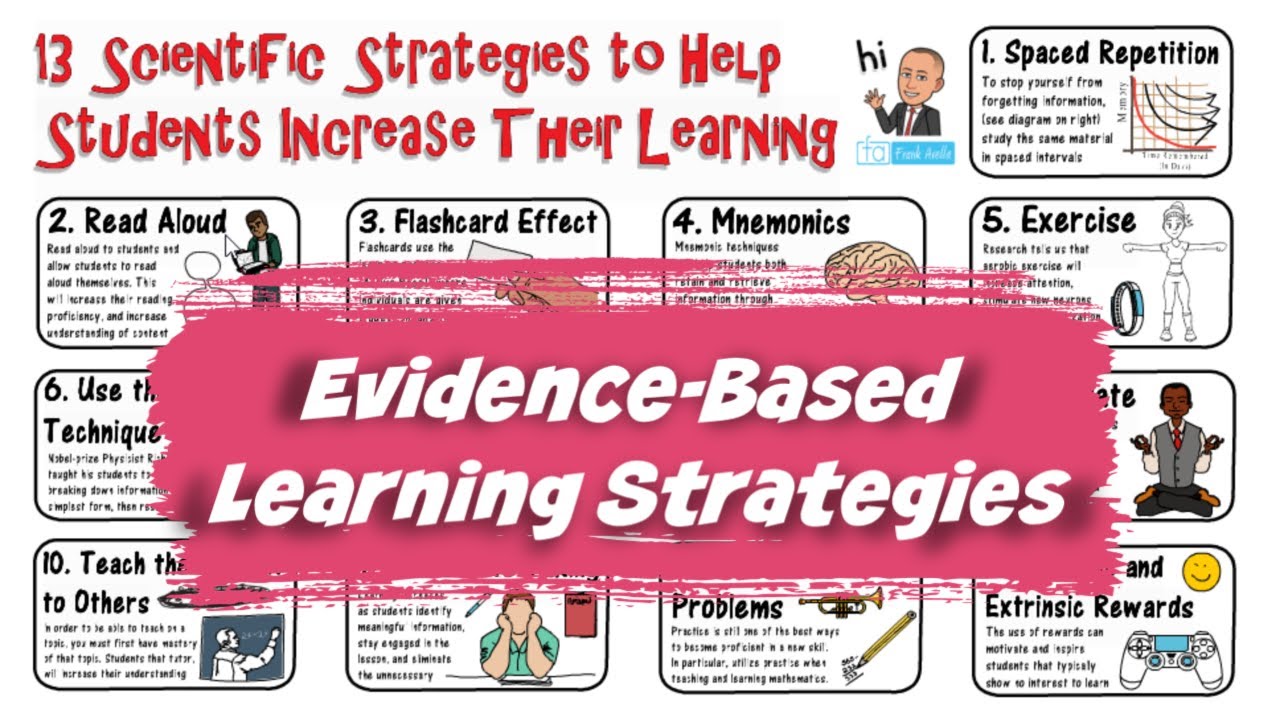In the digital age, content creation and distribution have become more accessible than ever. However, with this accessibility comes the yt teacher responsibility of ensuring that copyright issues related to your content are properly addressed. From protecting your own creations to respecting the intellectual property of others, managing copyright is crucial for both ethical and legal reasons.
Understanding Copyright
Before delving into how to handle copyright issues, it’s essential to understand what copyright entails. Copyright grants creators exclusive rights to their original works, such as literary, artistic, or musical creations. These rights include the right to reproduce, distribute, perform, and display the work. Copyright protection is automatic upon creation, and it applies to both published and unpublished works.
Identifying Copyrighted Content
The first step in handling copyright issues is to identify copyrighted content. This includes being aware of the copyrights attached to ytteacher.net your own creations and recognizing when you’re using someone else’s work. Whether it’s text, images, videos, or music, always assume that content is copyrighted unless explicitly stated otherwise.
Obtaining Permission
If you plan to use copyrighted material in your content, it’s essential to obtain permission from the copyright holder. This may involve contacting the creator directly or seeking permission through licensing agreements or royalty-free platforms. Remember that even if you provide attribution, using copyrighted material without permission can lead to legal consequences.
Utilizing Public Domain and Creative Commons Content
Public domain and Creative Commons (CC) licenses offer alternatives to copyrighted material. Public domain works are not protected by copyright and can be used freely by anyone. CC licenses, on the other hand, allow creators to specify how their work can be used, often with conditions such as attribution or non-commercial use. Leveraging content from these sources can help you avoid copyright issues while still enhancing your own creations.
Implementing Proper Attribution
When using content created by others, always provide proper attribution. This includes crediting the original creator by name and, if applicable, linking back to the source. Proper attribution not only demonstrates respect for the creator’s work but also helps avoid accusations of plagiarism or copyright infringement.
Monitoring and Responding to Copyright Claims
Despite your best efforts, you may still encounter copyright claims related to your content. Whether it’s a takedown notice or a request for licensing fees, it’s crucial to handle these claims promptly and professionally. Familiarize yourself with the Digital Millennium Copyright Act (DMCA) and other relevant laws governing online content to ensure compliance and protect your rights as a content creator.
Protecting Your Own Copyright
In addition to respecting the copyrights of others, it’s essential to protect your own creations. Consider registering your work with the relevant copyright office to establish a public record of ownership. This can strengthen your position in the event of copyright disputes and make it easier to enforce your rights against infringing parties.
Educating Yourself and Your Team
Copyright laws and regulations can be complex and ever-changing, so it’s essential to stay informed. Invest time in educating yourself and your team about copyright basics, best practices, and emerging trends. By fostering a culture of copyright compliance within your organization, you can minimize the risk of unintentional infringement and build a reputation as a responsible content creator.
Conclusion
Handling copyright issues related to your content requires diligence, respect, and a commitment to legal and ethical standards. By understanding copyright principles, obtaining permission when necessary, and protecting your own creations, you can navigate the digital landscape with confidence. Remember, proper copyright management not only safeguards your own rights but also promotes a thriving creative ecosystem for creators and consumers alike.
